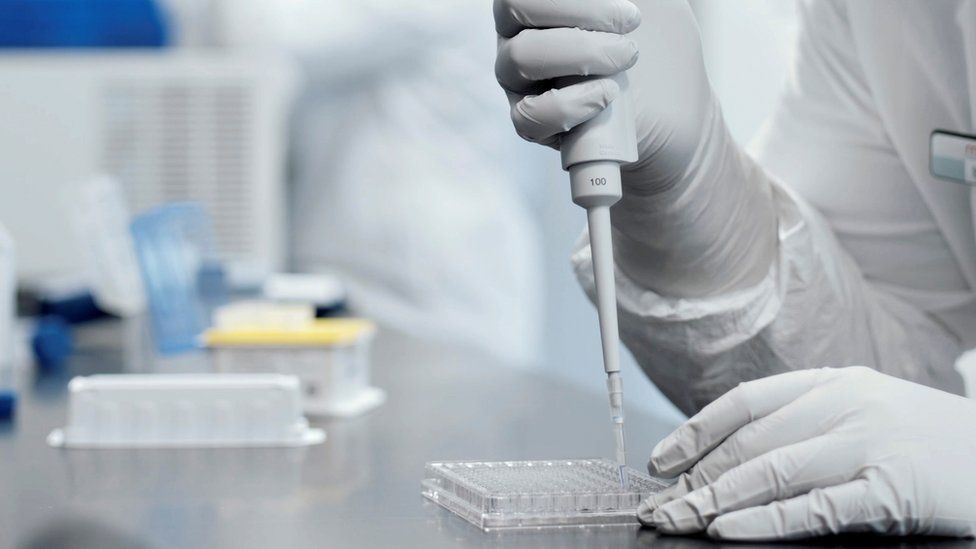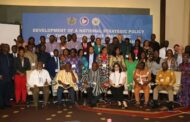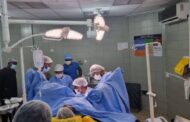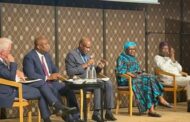A second coronavirus vaccine is nearing emergency approval in the US after it was endorsed by a panel of experts.
The head of the Food and Drug Administration (FDA) said his agency would move quickly to authorise the Moderna vaccine, allowing the company to begin shipping millions of doses.
It comes days after the US began its largest ever immunisation campaign with the rollout of the Pfizer/BioNTech jab.
The US has recorded more Covid-19 cases and deaths than any other country.
Earlier this week, the death toll passed 300,000.
The advisory panel on Thursday voted 20-0 with one abstention that the benefits of the Moderna vaccine outweigh the risks for those aged 18 and over. The same committee last week backed the Pfizer/BioNTech vaccine, leading to its authorisation for emergency use the following day.
Following the panel’s endorsement, FDA commissioner Stephen Hahn said his agency had informed Moderna that it would work “rapidly” towards issuing emergency use authorisation.
Regulators reported earlier this week that the Moderna vaccine was safe and 94% effective.
The US has agreed to purchase 200 million doses, and six million could be ready to ship as soon as the vaccine gets FDA approval.
“To go from having a sequence of a virus in January to having two vaccines available in December is a remarkable achievement,” said Dr James Hildreth, a member of the expert panel and CEO of Meharry Medical College in Tennessee.
How does it differ from the Pfizer jab?
The Moderna vaccine requires temperatures of around -20C for shipping – similar to a normal freezer.
The Pfizer jab requires temperatures closer to -75C, making transport logistics much more difficult.
Like the Pfizer jab, the Moderna vaccine also requires a second booster shot. Moderna’s second injection comes 28 days after the first.
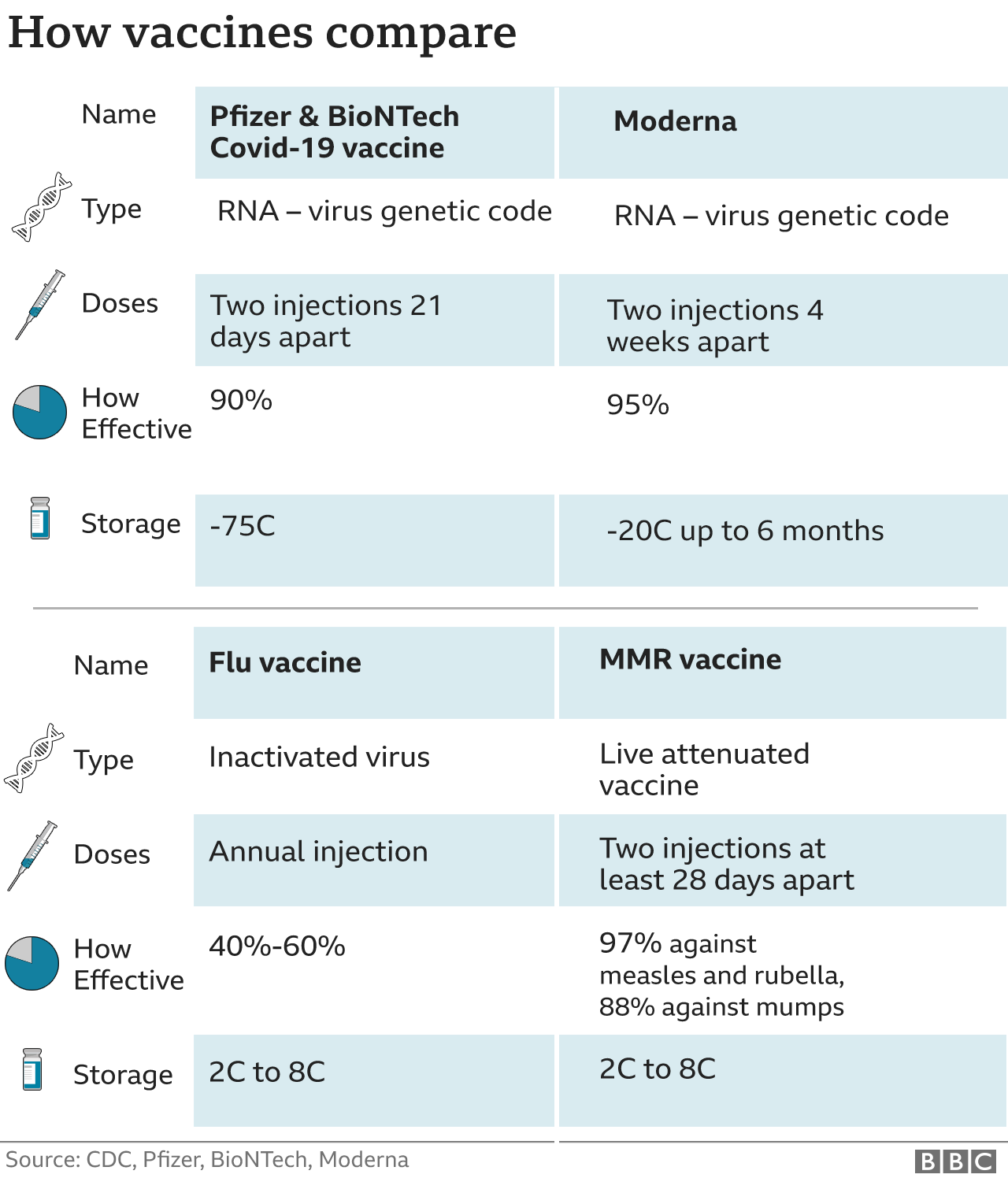
The company is based in Cambridge, Massachusetts, and has said that if approved, the “vast majority” of its vaccine would be manufactured there.
Pfizer’s drug is being manufactured in several countries, including Germany and Belgium.
Which other countries have ordered the Moderna vaccine?
In Canada, the government plans to get two million Moderna doses by March – part of a total 56 million doses.
The UK has already pre-ordered seven million doses of the Moderna vaccine.
The European Union last month announced a contract to purchase of 80 million doses – with an option to purchase up to 80 million more – once the vaccine is deemed safe and effective.
Japan has signed up for 50 million Moderna doses, South Korea for 20 million, and Switzerland has ordered 7.5 million, according to data compiled by the Duke University Global Health Innovation Center.
Who is first in line in the US?
The US began its Covid-19 vaccination drive earlier this week, after emergency approval was given to a vaccine developed by US pharmaceutical giant Pfizer and its German partner BioNTech.
The vaccination programme aims to reach 100 million people by April.
New York nurse Sandra Lindsay was among the first people in the country to receive a coronavirus vaccine when the rollout began on Monday. Footage of her being vaccinated was streamed on the Twitter feed of New York Governor Andrew Cuomo, whose state was the epicentre of the US epidemic in the first wave earlier this year.
“I hope this marks the beginning of the end of a very painful time in our history. I want to instil public confidence that the vaccine is safe. We’re in a pandemic and so we all need to do our part,” Ms Lindsay said.
Centers for Disease Control and Prevention (CDC) guidelines submitted to US states say healthcare workers should be prioritised first, as well Americans living in long-term care homes.
Essential workers are expected to be next in line for the jab, but it will be up to states to decide which industries to prioritise.
Moncef Slaoui, the chief scientist of federal vaccine distribution programme Operation Warp Speed, says the young and healthy should be at the back of the queue.
At least 70% or 80% of the US population need to be vaccinated to achieve herd immunity, he said.
Source: BBC



